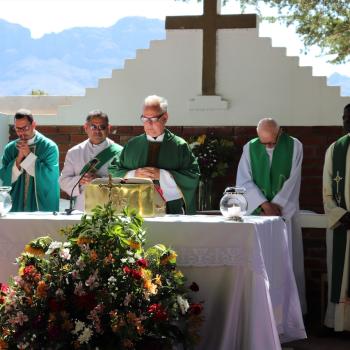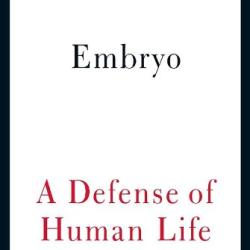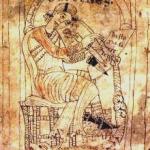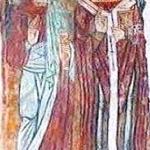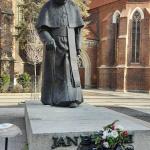I have been corresponding with a friend who is enduring the loss of a beloved family member; his grief is still very new. My grief for my brother S is a little older. It was just a bare week or so ago that I noted the passing of one year since he entered hospice.
The grief is older, but not much easier.
I have lost birth-mother, birth-father, one brother from my birth family, one brother from my new family (my husband’s family are my family in a way my birth family never could be…) in every case, it has been very hard-sometimes surprisingly hard-no matter what sort of relationships we had.
With S, of course, there was great closeness, and so the pain of losing him has been exquisite. But two Novembers ago I lost my brother D. He was 13 years older than I, and had been in bad shape, physically, for 30 years, owing to a massive stroke at age 20, one which had enormous impact on my whole childhood and adolescence. He was “there” but “not there” and could never be cared for at home. You’d think after 30 years, I’d simply be relieved that his long torment was over, but no…I grieved for the life he had and the one he didn’t have and cried for weeks and weeks, until my husband finally took his pictures down and hid them from me.
My friend wrote that he was trying not to be angry at God, whom he loves, but that he was finding it difficult, as were other family members.
But anger at God is normal. And God has big shoulders, He can take with it.
I have found that when it is too much to think of God, it’s easier to think of Mary, who “never did anything to deserve it,” who spent her whole life only saying “yes” to Him, and in service to His biggest project, ever, but who still had to stay at the foot of her son’s cross and watch him die a most horrible death, after having endured terrible cruelty.
Even she didn’t know what was going to happen next. A mother grieves the unbearable loss of her son, through Passover, and then goes to anoint his body only to find it gone!
What sort of torment is this?
Then he is back! But he is no longer hers alone, if he had ever been; for the rest of her life, as she watches His church take shape and form (and helps where she can) she still has all of those memories-the memories a mother cherishes-of an infant tugging at the collar of her gown, looking to nurse, of her son and his loving six-year-old hugs, the scraped knees, the scampish days, the meals they shared.
None of this could have been easy for Mary to remember or to reconcile with her human self, or her maternity. He is God. But he was her son, and always will be. He is her son. Her little lad. Her God.
And this is why we call Mary the “Help of Christians.” When it gets very hard, when we feel a little disconnected from God, whether we want to be disconnected or not, when we feel we have been given an unjust burden, we can look at Mary and realize that yes, she kept the faith, but she knew everything we know about how hard life can be. She’s lived through it, and if we ask her to, she’ll pray for us in our suffering.
The cross. The Mother. The Son. Nothing in the Gospels is extraneous, or there without purpose. It is all meant for us, for our understanding and our consolation, too.
People often ask me why Catholics find it necessary to keep the Crucifix before them. “The victory was in the resurrection, not the death…Catholics focus on the wrong thing – the cross should be empty…”
Well, yes. The victory is the resurrection, but its gotten to through the rest of it.
While the empty cross brings us hope and promise, we are still humans living human lives with all of the pain and frailty and questions and hurt that implies; when one looks at the Crucifix, one finds not a morbid and bloody corpse, but The God Who Knows, not because he is conveniently all-knowing, but because He actually submitted to life, lived it, endured it, went through it all, just as we do.
Jesus lost his own beloved step-father, Joseph, he knows what we know. When we look at the Crucifix we see that there is no human situation that Jesus did not come to know. Feel betrayed? Feel humiliated? Feel abandoned? Feel unjustly hurt? Feel loss? There, on that crucifix is the God who has known every one of those feelings, and has submitted to them – in order to save us, but also in order to draw us near, to gather us into a consolation, a consoling embrace that says…“I know what you’re feeling…I know what you’re thinking…we are actually all in this together, and quite outside of time.”
It’s hard to remember all that. The Crucifix is the reminder.



